31, May 2018
Letters to the editor: Why Biya will fall 0
The 85 year old murderer and war criminal is taking the last kicks of a dying horse. It is obvious that this disgusting animal has committed the vilest and atrocious acts in Southern Cameroons that the face of the earth has ever seen.
He has killed and tortured thousands of Ambazonian men and women and innocent children like toddlers and babies who die for no reason because this dirty animal wants to stay in power and France is also with him because they also enjoy murdering innocent Southern Cameroonians who have done absolutely nothing.
Our houses get burnt and destroyed and our children are stuck and have no way out. He will fall and he will fall in a horrible manner. The only solution to this devious catastrophe is Biya’s death.
He is almost lost and internal opposition supported by the West is growing. He must give up the position and go to Morocco!! Yes that is where all disgraced Francophone dictators go or Ambazonians will hunt him.
Paul Biya is doomed and he will eventually fall from power whether through the course of regular passing of time or by the hands of army soldiers. Biya has committed heinous crimes against his own people and the people of Southern Cameroons and he doesn’t deserve to rule over the country again. At some point or another in this 2018, he will lose his power.
By Iya Fembe Pauline
Oslo, Norway
The opinions expressed here are not that of the Cameroon Concord News Group


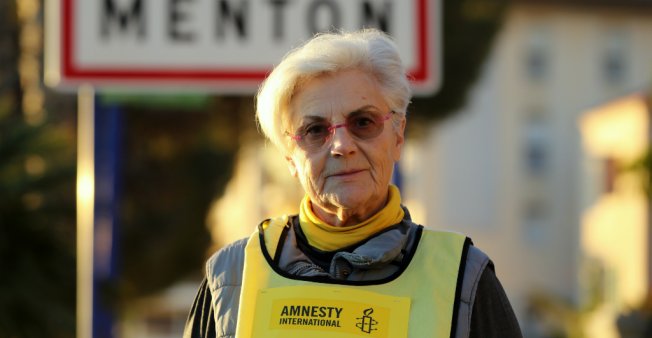

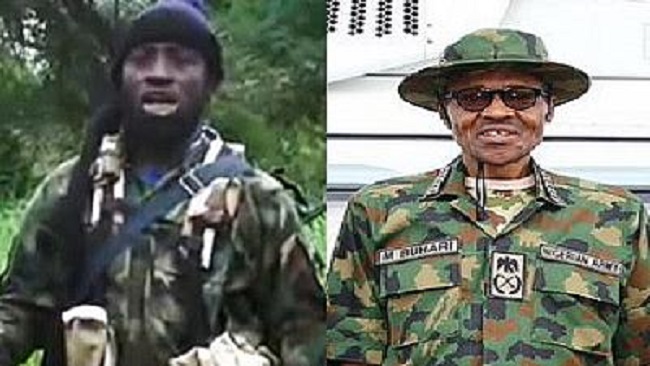

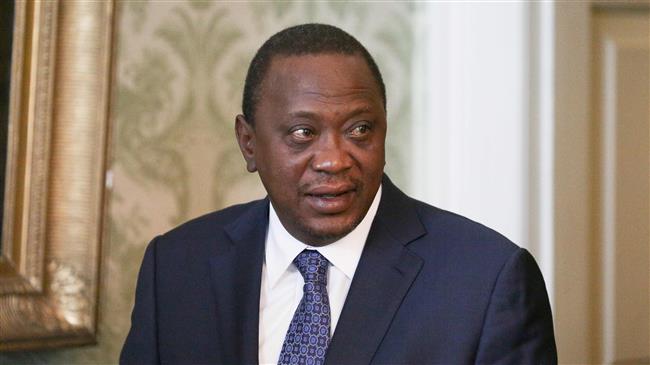
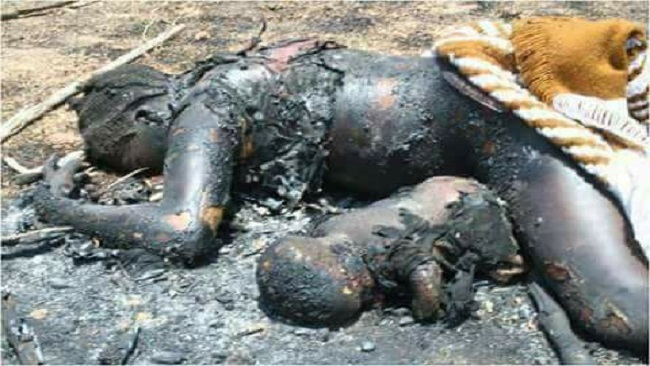
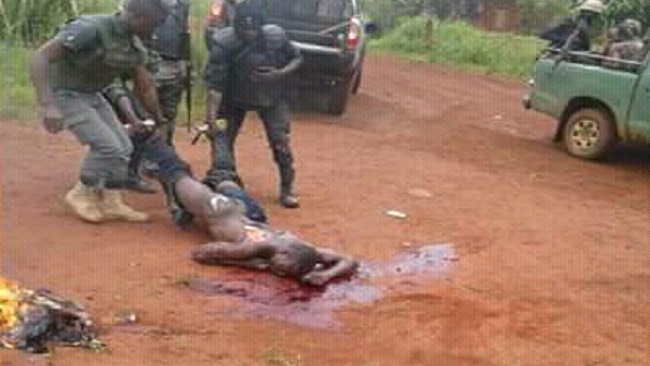

















31, May 2018
Repression is worsening in Cameroon- The Economist 0
THE parade featured singing schoolchildren and goose-stepping soldiers. A giant presidential portrait was wheeled along the boulevard. To some observers it must have looked like a comic sketch about an event staged by an African dictator. But no one dared snigger. The celebration of Cameroon’s national day on May 20th was lorded over by President Paul Biya, who at 85 is Africa’s oldest head of state.
He hoped the parade would show national unity. But it hinted at a deep fissure dividing Cameroon. In the country’s two English-speaking regions a simmering uprising has been met by brutal repression. As members of the main opposition party, the Social Democratic Front, marched past the president they showed their indignation. Placards were banned, so the marchers pulled up their shirts to expose pictures taped to their bodies of people tortured, mutilated or murdered by the government.
The conflict started in October 2016, when English-speaking lawyers took to the streets complaining that legal documents were not being translated from French and that English-speakers were discriminated against. The country has been officially bilingual since its two constituent parts voted to form a federal republic after gaining independence in 1960 and 1961. But English-speakers, who make up less than a fifth of the population, say their regions get less than their fair share of public money and that the government forces them to use French in schools, courts and other public institutions.
Mr Biya’s government responded by arresting activists and cutting off the internet in English-speaking regions. In doing so it fanned secessionism, transforming peaceful protests into a vicious war, with kidnappings and beheadings. Atrocities have been committed by both sides. More than 100 civilians have reportedly been killed, as have more than 40 members of the security forces.
Peter Henry Barlerin, America’s ambassador to Cameroon, says April proved the bloodiest month. He accuses the government of authorising “targeted killings” and the “burning and looting of villages”. Thousands of people have fled, many of them across the border into Nigeria.
The strife is also affecting the fight against Boko Haram, a jihadist insurgency that has spilled over from Nigeria into neighbouring countries. The dense swamps that surround Lake Chad in northern Cameroon give the jihadists cover. Elite Cameroonian soldiers, who are among the most effective fighters in the region, have been removed from Lake Chad and redeployed to English-speaking regions in the south.
There are few signs that Mr Biya is trying to find a peaceful solution. For much of the year the ageing president reportedly rules Cameroon from a luxury hotel in Switzerland, a country he likes to visit with his wife Chantal (known for her designer dresses and signature hairstyle).
In March Mr Biya called his first cabinet meeting since October 2015 and gave a speech that sounded as if he had already hit the campaign trail for the presidential election scheduled for later this year. Mr Biya has not yet said whether he will stand, but if he does run it would be for his seventh term in office.
In any case, the government is wasting no time clearing his path. Ahead of senatorial elections in March it arrested several journalists and opposition activists. On May 25th seven activists were convicted on charges of rebellion and acts of terrorism. They were given jail sentences of 10-15 years. Cameroon’s war over words seems likely only to intensify.
Source: The Economist